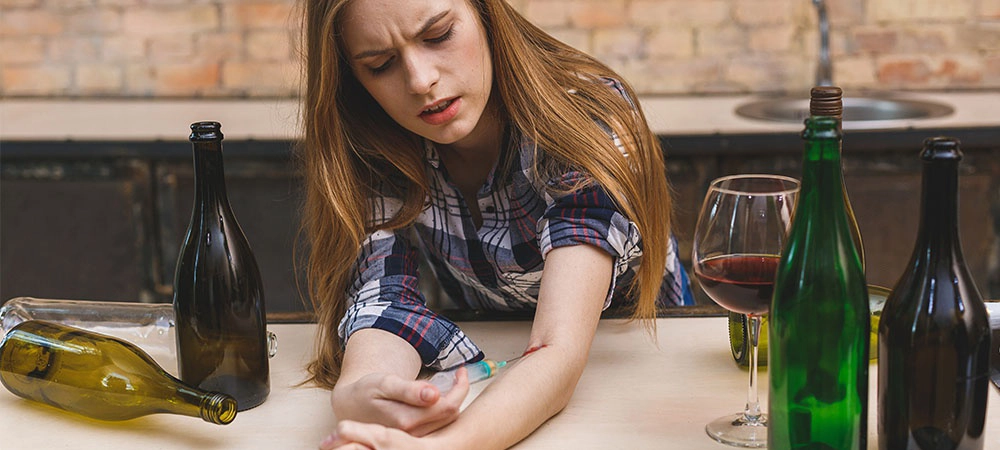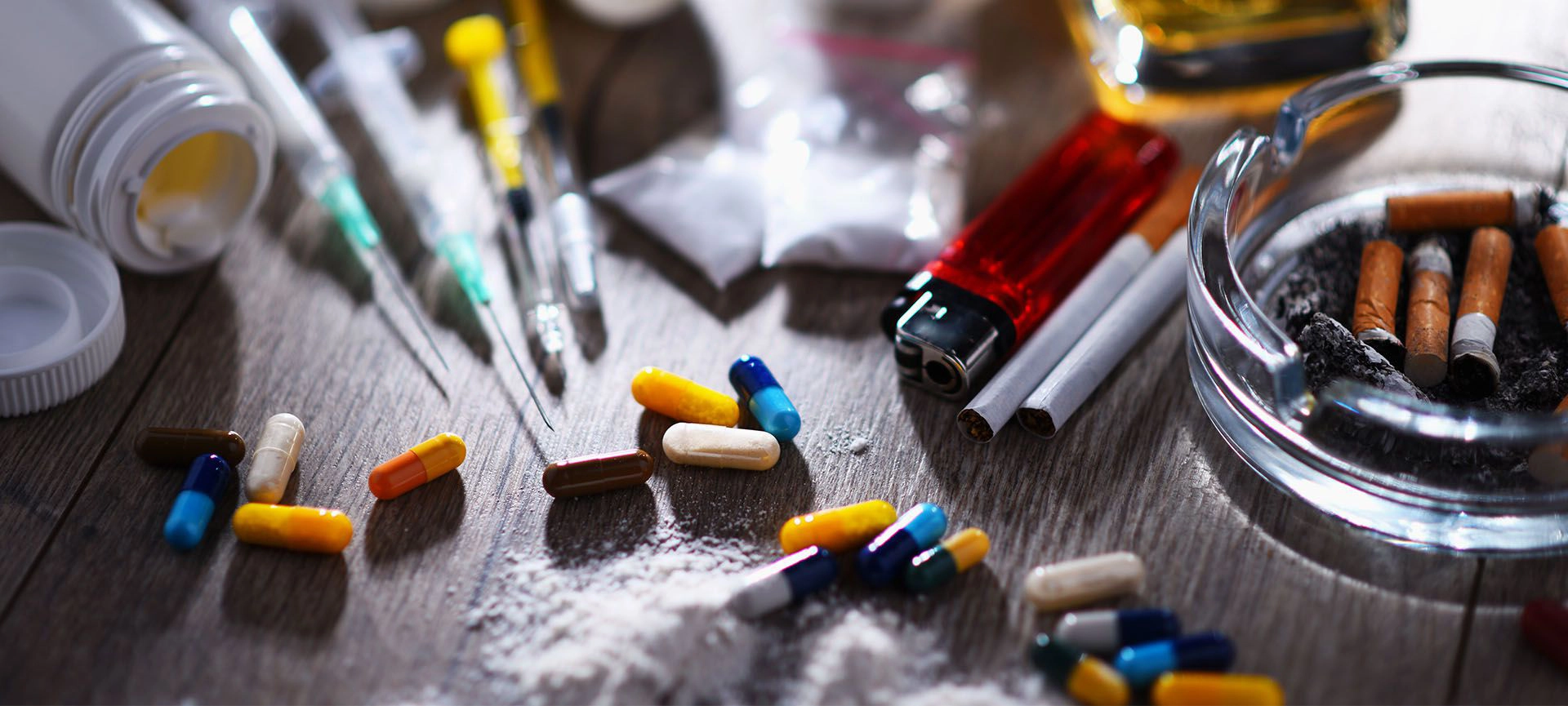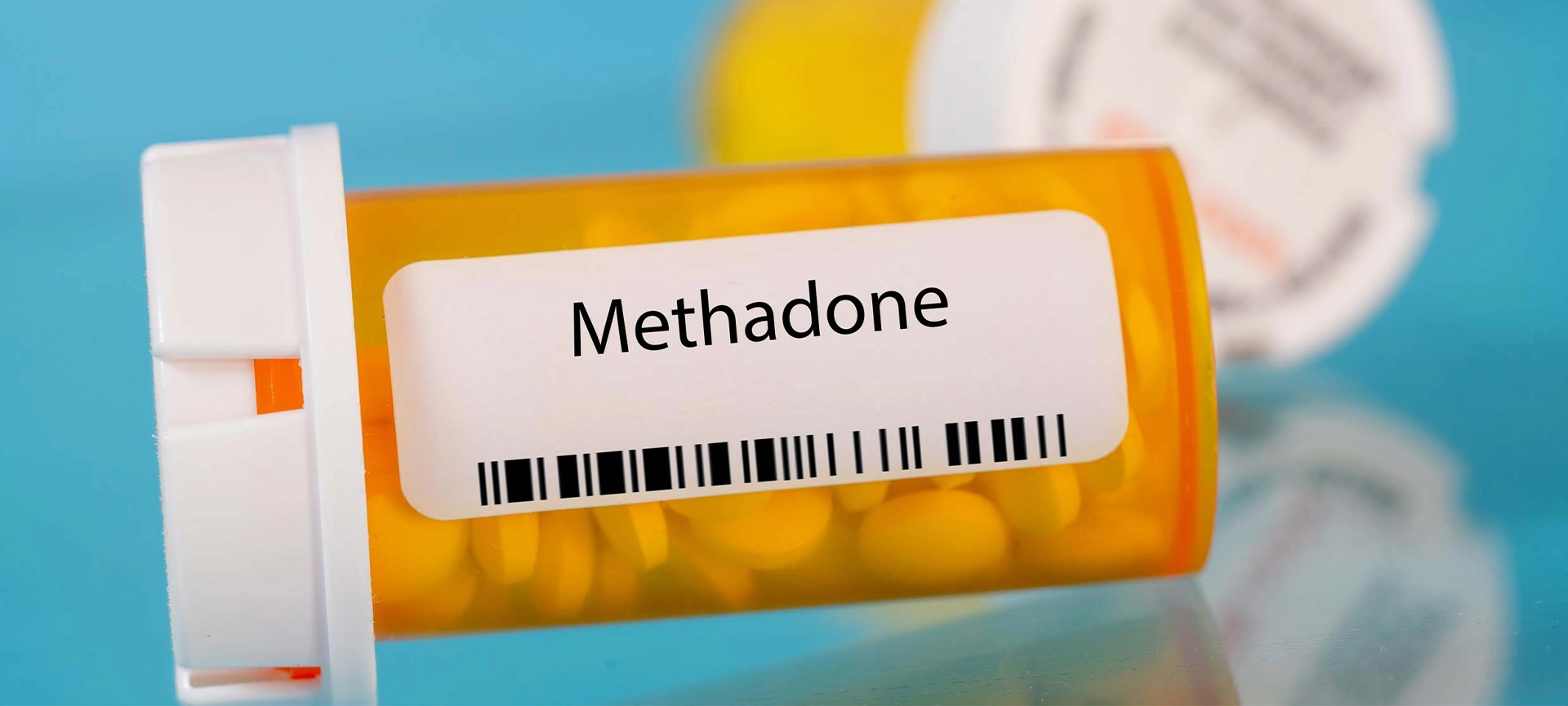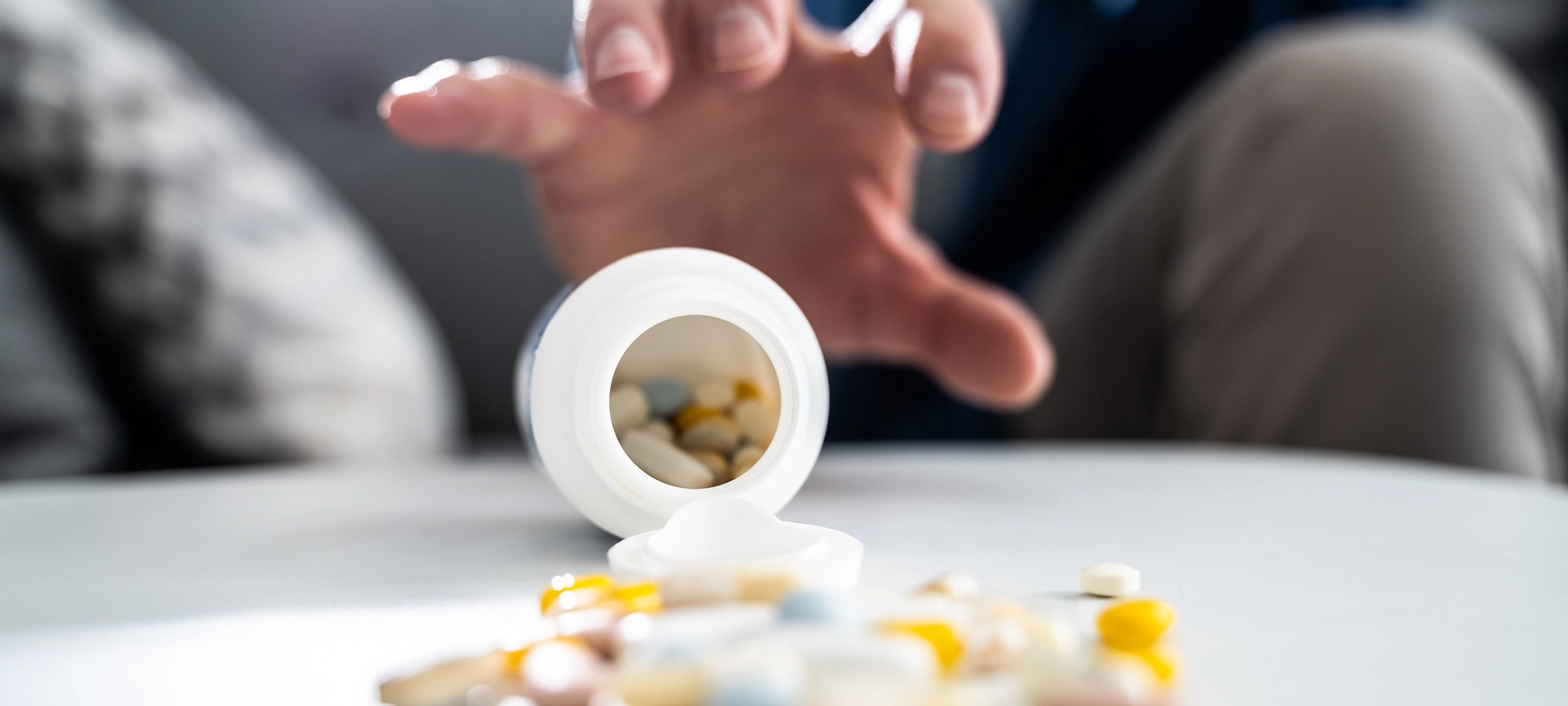Addiction can be a devastating force in someone’s life. It’s important to understand the stages of addiction to help you or a loved one prevent or escape from its grasp.
This article will discuss the 7 stages of addiction, why they exist, and how to end an addiction for good.
The Stages of Dependence and Addiction
Here’s how it usually happens:
Stage 1: Curiosity
This is the initial stage of addiction where an individual is exposed to or becomes curious about a substance or activity. During this phase, the individual will experiment with the substance or behaviour, usually out of curiosity and in an effort to find something new and enjoyable.
This stage is often marked by a sense of invincibility; people feel like they can control their use of substances and that they will never become addicted.
Stage 2: Regular Use
This is when regular use of the substance or activity takes place, and you begin to rely on it as a way to cope with everyday life. You may start to miss work or school, neglect your appearance, and withdraw from friends and family.
Despite these negative consequences, addicts continue to use because they feel like they need the substance to function. In this stage, there is also an increased tolerance for the substance or activity, which leads to higher doses/frequency of use in order to experience the same effects.
Stage 3: Risky Use
At this point, addictive behaviour has become an issue, and the individual begins to take risks in order to obtain more of the substance or activity. This could mean engaging in reckless behaviour or even criminal activities. They may also start experiencing negative consequences such as job loss, financial problems, or relationship difficulties.
Stage 4: Dependence
The individual is now physically and psychologically dependent on the substance or activity, and they find it difficult to function without it.
During this stage, there will be an increased tolerance for the substance or activity and a withdrawal period if use is stopped. The individual is no longer in control of their use and their addiction has taken over their life.

Stage 5: Obsession
This stage of addiction involves an obsession with the substance or activity, in which all thoughts and behaviours revolve around it. This can lead to extreme neglect of responsibilities, family, and friends.
People in this stage have hit rock bottom; they have lost everything because of their addiction – their job, their family, their friends, and their home. They may turn to criminal activity to get money for their habit or even contemplate suicide.
Stage 6: Addiction
At this point, the individual is completely consumed by the substance or activity, and he/she will go to great lengths to obtain it.
This can involve extreme risk-taking behaviour that could lead to serious legal and financial consequences. They may lie, cheat, or steal to get money for drugs or alcohol. Their addiction has taken over every aspect of their life and they’re unable to function without it.
Stage 7: Recovery
Recovery is the final stage of addiction and it involves a complete shift in focus from addictive behaviour to healthier and more constructive activities. During this stage, individuals must learn how to manage cravings, deal with triggers, and form new habits. With determination and commitment to recovery, individuals can break free from their addictions for good.
Related Article: How Addiction Destroys Relationships
Steps to Addiction Recovery
The first step to recovery is admitting that you have a problem. This can be difficult, but it’s crucial if you want to get better. Once you’ve taken that step, the next six steps are:
- acknowledging the damage your addiction has caused;
- making the decision to change;
- getting rid of anything related to your addiction;
- finding a support group or counsellor;
- learning new coping mechanisms with a certified addiction rehab program;
- and finally,
- staying sober for good.
These steps aren’t always easy, but they’re worth it if you want to live an addicted-free life. So take the first step today and start down the road to recovery!

Addiction Treatment Options
There are many different types of treatment available for addiction, so it’s important to find one that best meets your needs. Some common types of treatment include:
Individual Therapy
This type of therapy can help you address the underlying causes of your addiction and develop healthy coping mechanisms for dealing with stressors in your life.
Group Therapy
Group therapy provides support from others who are going through similar experiences. It can be helpful to share your story and hear from others who understand what you’re going through.
Outpatient Treatment
Outpatient treatment allows you to live at home while receiving treatment during the day at a facility or clinic. This type of treatment can be flexible and convenient for those with work or family obligations.
Inpatient Treatment
Inpatient treatment requires you to stay at a facility for a period of time (usually 30 days) while receiving around-the-clock care from professionals. This type of treatment can be intensive but it can also provide a safe environment away from triggers and temptations while you focus on your recovery.
No matter what type of treatment you choose, remember that recovery is possible! With dedication and hard work, you can overcome addiction and live a happy, healthy life!
Relapse and How to Deal with It
Relapse occurs when, despite all the best efforts to abstain from a particular substance or activity, the user finds themselves returning back to it once again. This can be very difficult to overcome without professional help as it often involves psychological and emotional triggers that need to be addressed.
Relapse can be a difficult period, but it is important to remember that it does not have to mean the end of recovery. With proper support and guidance, a return to sobriety or abstaining from addictive behaviour can be achieved in time.
It’s essential to remain resolute and focus on staying away from the substance or activity as much as possible, even when the cravings become overwhelming. With dedication and hard work, recovery is always possible.
Related Article: The Role of SMART Recovery Meetings in Addiction Recovery

Conclusion
It’s important to understand the different stages of addiction, as it can help you recognize and intervene when someone is beginning to slip into an unhealthy relationship with a substance or activity.
Remember, it doesn’t have to reach the sixth stage to be considered an addiction and steps should be taken when the signs become apparent before more serious health risks can occur.
There are many things that can prevent people from falling into the cycle of addiction, from taking part in alternative activities to getting professional help if needed. Having open conversations about addiction can also be incredibly helpful and create a safe space for those who feel unprepared or unable to talk about their issues with friends or family members.
And we can help you have those conversations at Addiction Rehab Toronto. We offer addiction treatment help to people in different stages of addiction.
We’ll discuss your unique needs and recommend the perfect program to help you get better. Contact us today to learn more.






